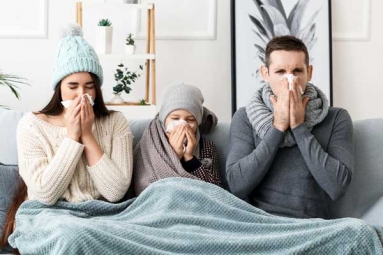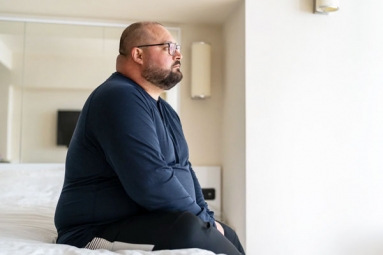It must be stressed that menopause is not an illness, despite the fact that the medical profession and pharmaceutical companies have medicalised it, terming it an oestrogen-deficiency disease. Menopause is simply a life stage, a natural rite of passage, just as menarche is. So dont be seduced by the mainstream medical literature that urges women to visit their doctors as soon as the first symptoms appear so that treatment (translation: drug therapy in the form of steroid hormones) can commence. Menopause is not a life-threatening condition.
The various chemical and psychobiological changes that occur in women during midlife are due only partly to menopause. Everything else relates to the ageing process, something that commences from the moment of birth.
Oestrogen influences the body as an entire system. When production of the hormone starts to decline, this leads to hot flashes, insomnia, depression and changes to the skin, breasts, heart, bones and sexual organs. The walls of the vagina and the skin of the labia (the lips of the vagina) become thinner, more fragile and less elastic; it bleeds more easily if scratched and can become extremely sore and raw. Additionally, the acid balance of the vagina may alter, increasing the risk of infection. The cervix becomes smaller.
Oestrogen is also responsible for prodding the mucous membranes scattered throughout the vagina and the labia to flood the area with natural lubrication when you become aroused. When oestrogen levels are declining, the vagina remains dry no matter how aroused you are. This drying up results in painful intercourse, which, not surprisingly, can cause a woman to be less than enthusiastic about the prospect of having sex.
While this aspect is widely believed to be a universal symptom of menopause, research shows its not the reality. One study involving 1109 women revealed that just 20 per cent of postmenopausal women experienced vaginal dryness and, of those, only 15 per cent were actually bothered by it. Another study reported that 45 per cent of postmenopausal women and 25 per cent of pre- and peri-menopausal women complained of vaginal dryness.
The differences between the studies may relate to the number of women who had surgical menopause through hysterectomy or who underwent menopause as a result of chemotherapy; research indicates that these women experience more problems with vaginal dryness than women who enter menopause naturally. Experts believe the reason for this is the lack of testosterone and oestrone that the ovaries would normally provide.
The problem of vaginal atrophy, as the condition is called, is not unique to menopause; it can occur at any age and is often transient, even in menopause. Once hormones come into balance again after menopause, the condition often improves. Having said that, many women find that the dryness continues, often worsening with age.
Use it or lose it!
Regular sex (with or without a partner) is the best antidote to the problem of vaginal dryness. (Its the classic use it or lose it syndrome.) Sexual activity stretches the vagina and increases blood supply to the genitals. As a side benefit, weekly sex can significantly decrease both the frequency and severity of hot flashes, according to the Stanford Menopause Study, because sexually active women apparently maintain higher levels of oestrogen in later life.

















